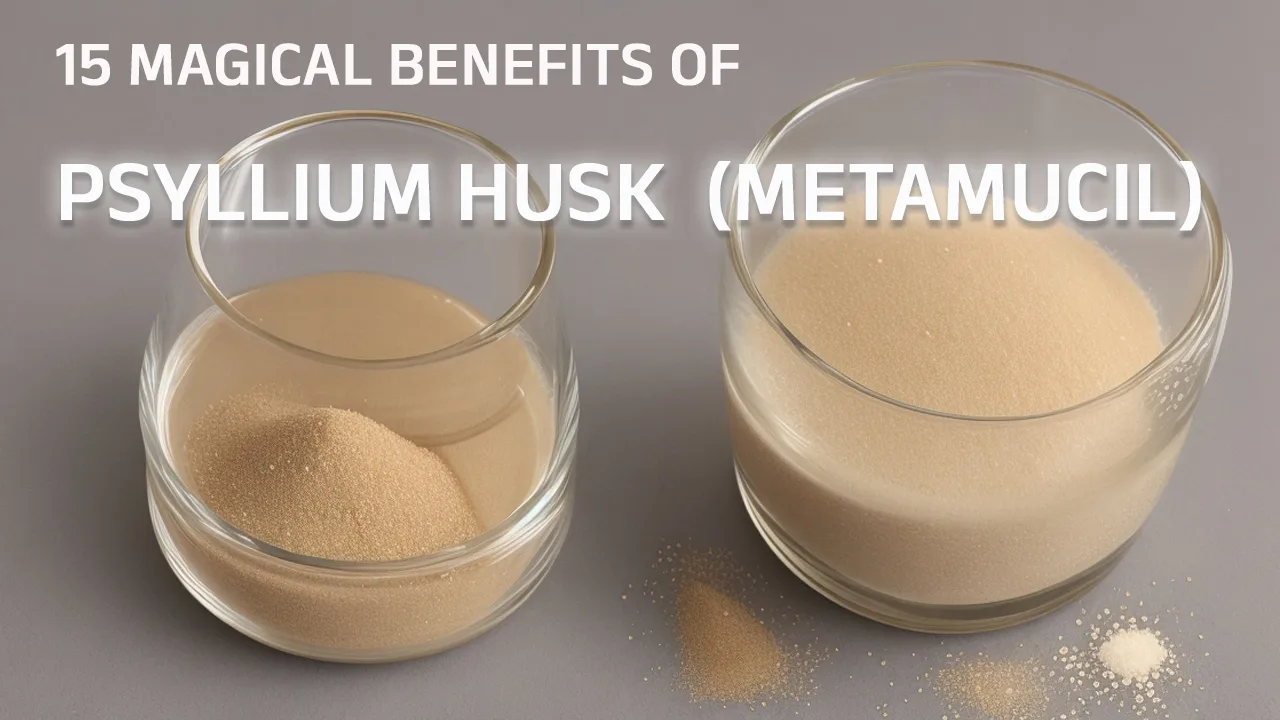
7 Surprising Reasons Why You Should Eat Oranges
Vitamin C in oranges act as antioxidants that protect human body cells from harmful free radicals. These Free radicals are the main cause of many diseases, including cancer. Due to high vitamin C content and a range of other essential nutrients, oranges are considered to be nutritional powerhouse, especially for skin. Also, oranges are beneficial in many other risky conditions. Oranges have so many other health benefits, of which, we will discuss 7 Surprising Reasons Why You Should Eat Oranges.
History and Geography Of Oranges.
Oranges, only the name is enough to activate and arouse your taste buds ! Oranges are not only tasteful but also are packed with nutritional benefits. Oranges have more of sour taste, sweet orange is a hybrid between mandarin (Citrus reticulata) and pomelo (Citrus maxima). You may be surprised to know that oranges are the most cultivated fruit tree globally, since 1987, according to Wikipedia. State of Sao Paulo in Brazil is the largest producer of oranges in the world. Florida in the US being second largest producer.
As per Wikipedia, oranges belong to the Family of Rutaceae, and this family has so many citrus fruits also known as orange. Here is the list of fruits known as orange.
Nutrients found in Orange
How much nutrition do I get from an orange ?
Orange pulp core is made up almost 87% of water, 1% protein, 12% carbohydrates, and contains negligible fat (see table). As a 100 gram reference amount, orange flesh provides 64% of the Daily Value of Vitamin C. Nutrients like, vitamin A, B , E and minerals like Iron, Magnesium, Manganese, Phosphorus, Potassium, Zinc are found in very negligible amount in orange. Among minerals, calcium is somewhat higher compared to other minerals present in orange.
7 Reasons Why You Should Eat Oranges : Top 7 Health Benefits of Oranges :
Oranges are high in vitamin C content, which acts as an antioxidant and helps protect body cells from damage. They also contain carotenoids, including β-Cryptoxanthin and lycopene in blood oranges. β-Cryptoxanthin is an antioxidant that is associated with decreased risk of some cancers and degenerative diseases. In addition, many in vitro studies suggest that β-Cryptoxanthin–rich foods may have may help delay osteoporosis.
Lycopene is another antioxidant that is present in orange. Lycopene is generally found in red fruits and vegetables, for example, tomatoes and water melon. Lycopene is a type of organic pigment that gives some vegetables and fruits (e.g., tomatoes) a red color.
Taking lycopene orally might reduce the risk of developing prostate cancer. Lycopene is used for high blood pressure, high cholesterol, cancer, and many other conditions, but there is no good scientific evidence to support most of these uses.1
Oranges also contain hesperidin, a phytonutrient that may help lower blood pressure and cholesterol levels. Studies suggest that including citrus fruits in a healthy diet can reduce the risk of cardiovascular diseases. Drinking a glass of orange juice daily for four weeks has been found to have a blood-thinning effect and may contribute to lowering blood pressure. Hesperidin is is found almost exclusively in citrus fruits, and it is particularly high in oranges.
Oranges are a good source of citrates, which are believed to help prevent the formation of kidney stones. Including oranges in your diet can contribute to maintaining healthy kidney function.
Orange itself doesn’t have significant amount of iron, but, when consumed with iron-rich foods, Vitamin C in orange aids the absorption of iron. This makes oranges super food particularly for people with iron-deficiency.
Hesperidin in oranges is able to cross the blood-brain barrier and may help promote blood flow in the brain. Hesperidin has been shown to have benefits including maintaining mental alertness, supporting executive function skills such as memory and attention, and aiding psychomotor skills like movement and coordination.
Vitamin C in oranges slows age-related macular degeneration (AMD), which can lead to vision loss.
Oranges contain approximately 40 milligrams of calcium, or 6% of your daily requirement per 100 grams. This mineral is important for strong bones and helps maintain good bone health. Generally, you are advised to consume dairy products for your calcium requirement but oranges are also a good source of calcium. I hope you have now got the idea about what are 7 Reasons Why You Should Eat More Oranges.

For most people, oranges are a safe to consume. However, in very rare cases, individuals with heartburn may experience problem consuming oranges or orange juice.
It is essential to exercise caution if you are taking certain medications, especially some blood pressure drugs, as nutrients in oranges, such as potassium, may interact with these medications. If you have any concerns or questions, it is advisable to consult a qualified health care provider for guidance.

Conclusion
Oranges are not only a refreshing and tasty fruit but also offer a wide range of health benefits. Their high vitamin C content, antioxidant properties, and various essential nutrients make them an excellent addition to a balanced diet. From supporting heart health to aiding in kidney stone prevention, oranges have much to offer. So, consider including this nutritional powerhouse in your daily routine and explore the delicious recipes that showcase the versatility of oranges.
Remember, the information provided in this article is for general informational purposes only and should not replace the advice of healthcare professionals. If you have specific health concerns or questions, please consult with your doctor or a qualified healthcare provider.









